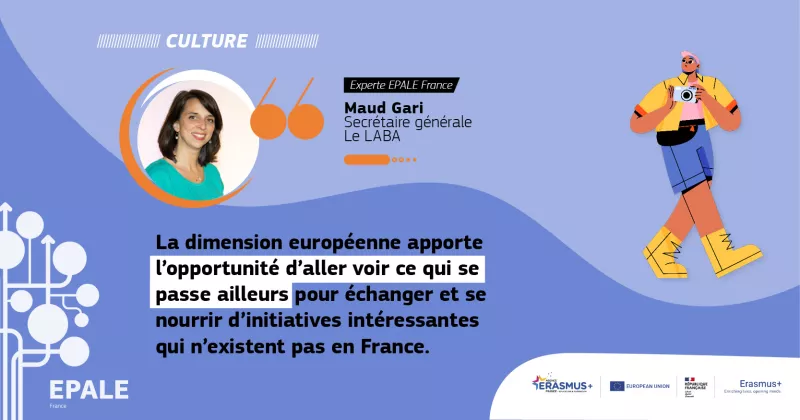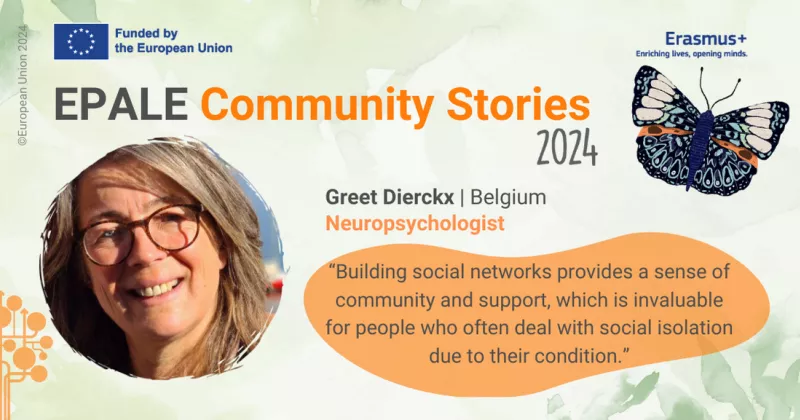Challenges of Adult Learning
In the time of hectic changes occurring in the modern world and knowledge-based society, it is essential to follow the trends and novelties emerging in every field, primarily in economy and on labour market. Surely, lifelong learning is one of the fundamental ways to keep track of all the changes in the society and civilization. One of the basic principles on which adult education in Serbia is based is the lifelong learning principle – acknowledging the needs and possibilities for adult learning and development in all aspects of life.
Through lifelong learning the individual assumes an active role in life, becomes competitive on job market, successfully adapts to new circumstances in business environment, while they , at the same time, improve the quality of life, their mental and physical health. However, despite the validity of these benefits, there are certain challenges adult learners face when they need to dedicate themselves to learning. Often, even when there is an actual need or demand for adult learning (for example, learning a foreign language or taking up a word processing course), adult learners show resistance to getting involved in the learning process. The reasons are manifold and various. Sometimes, the reasons are of emotional nature or a matter of personal attitude that the individual has towards adult learning. For instance, some people believe that it is too late for them to start learning, some are afraid of making a mistake or showing openly that they do not know something. Furthermore, there are also people who find it humiliating to go back to school.
On the other hand, there are cases where an individual shows willingness and readiness for continuing education, but the reasons for not taking part in it are beyond their control, caused by certain external factors. In some cases, people who do not have the means or resources to participate in trainings or other forms of education due to the lack of money, time, or simply the lack of offer that meets their educational needs.
While education strategies exist, and are widely applied, in an aging society the number of adults and elderly people who need to be educated continuously in order to ensure not only a stable economy but also social cohesion as a part of a knowledge-based society. The analysis and research of the reasons why adults do not take part in the lifelong learning process, can lead to solutions to the challenges adult education faces.
Technology is one of the solutions that can give a significant contribution to solving these challenges. On one hand, it can solve the matter of (in)accessibility of educational offer, while on the other hand it solves the matter of space and time for learning, where the learner can decide when and where to get involved in the learning process and adjust it to his/her schedule. Additionally, important components that should be taken into consideration is raising the awareness about the importance of learning and motivating prospective learners.
Most frequently, a high level of motivation exists when learners are motivated to improve their skills and continue learning, only when it is required by the conditions in the working environment. However, learning is not necessarily connected to demands of the job. Motivation for learning can be a new interest, social responsibility or simply curiosity. It is essential to raise the awareness that learning and knowledge has an intrinsic value, and it should be the purpose of learning instead of being a means to an end. Apart from improving employability and providing opportunities to advance in career, adult learning also enhances the quality of life and keeps us in mental and physical shape.





